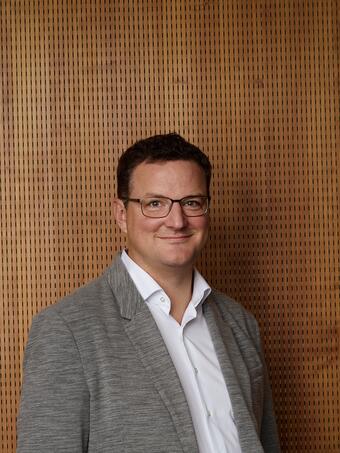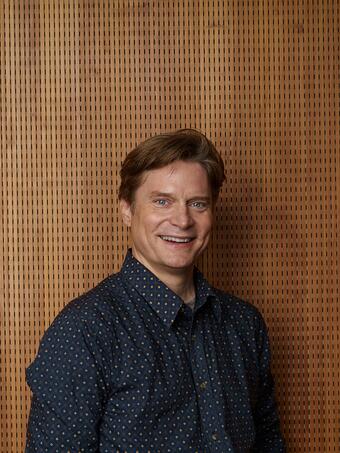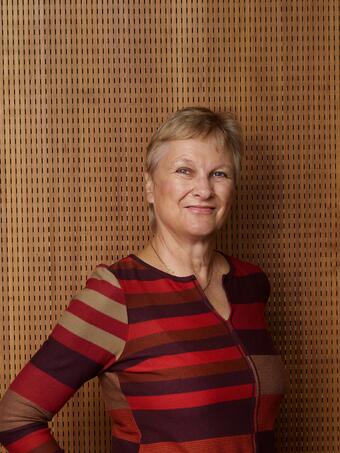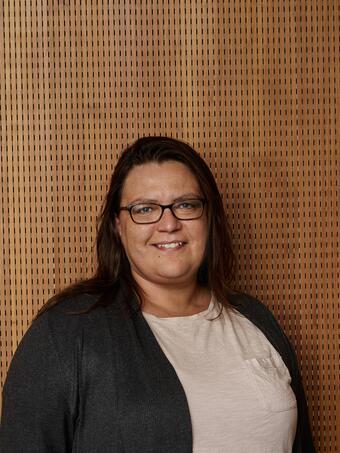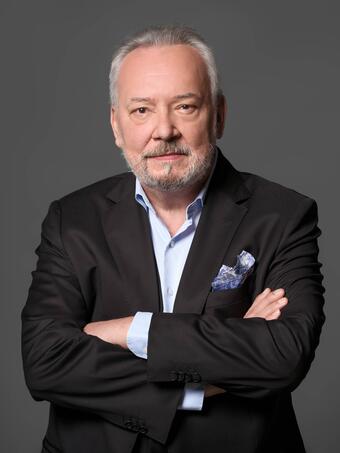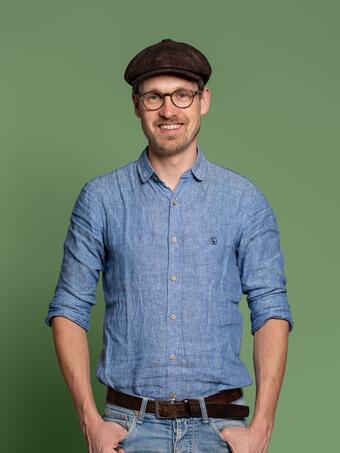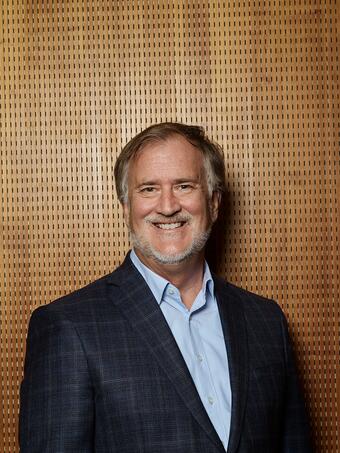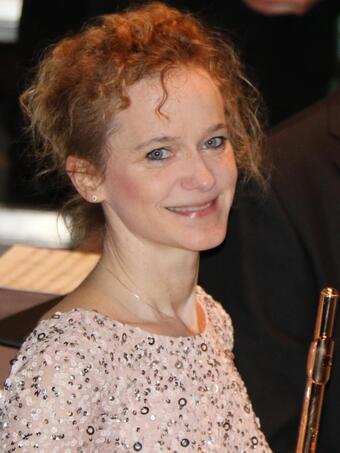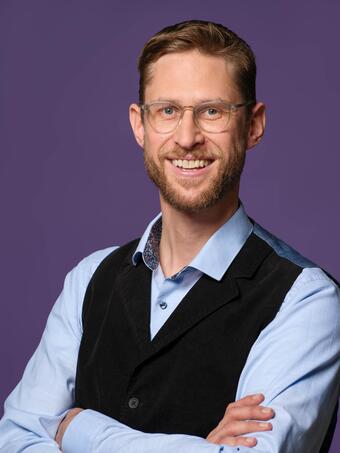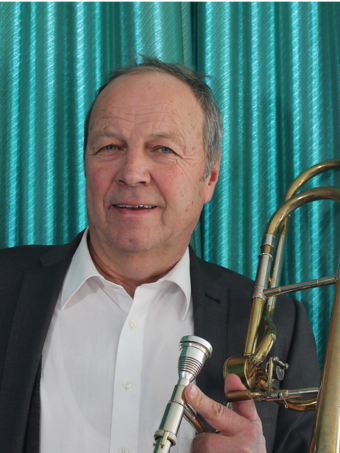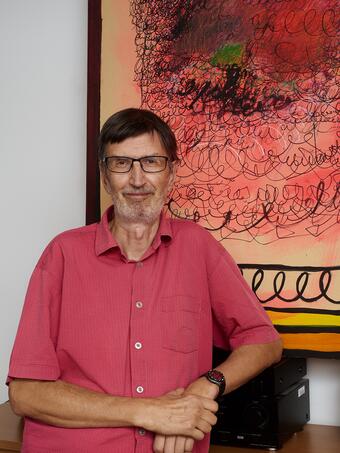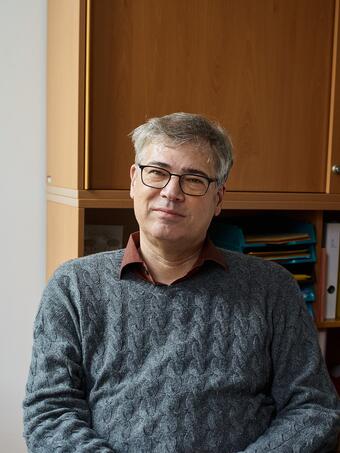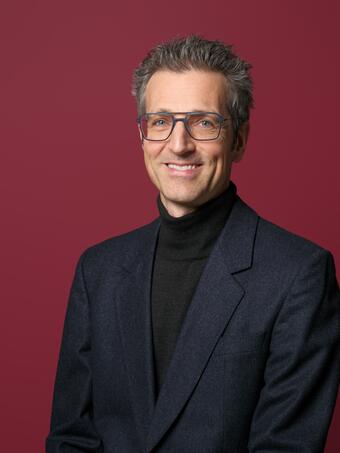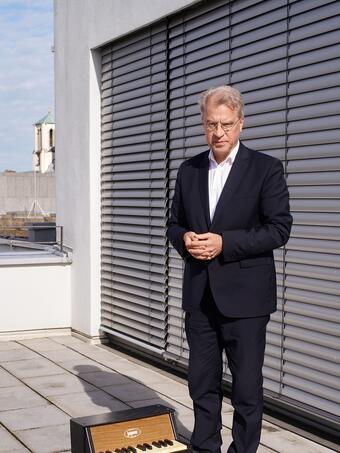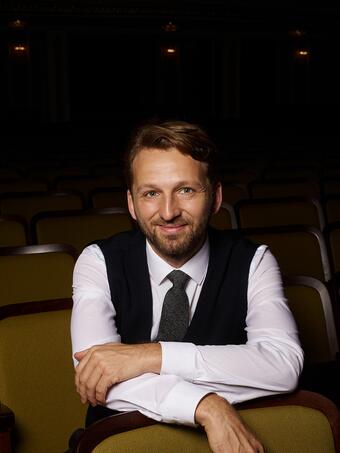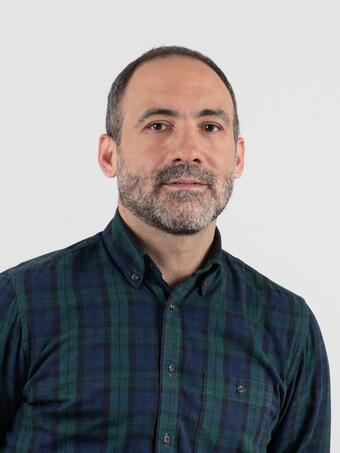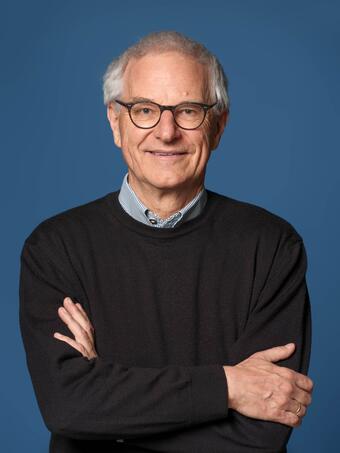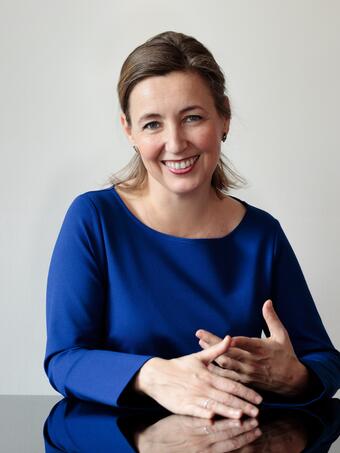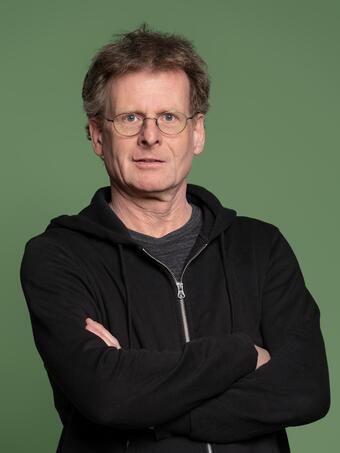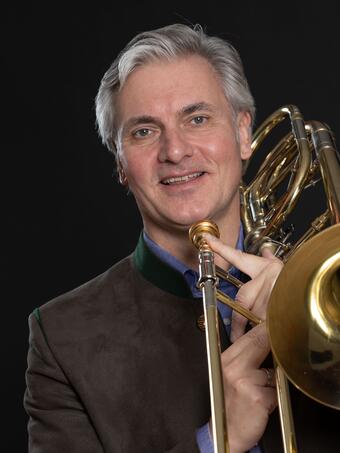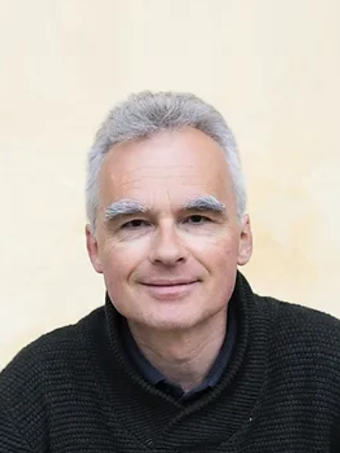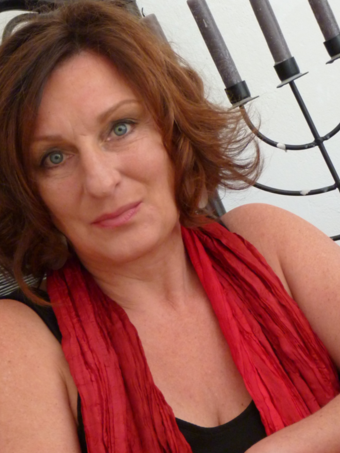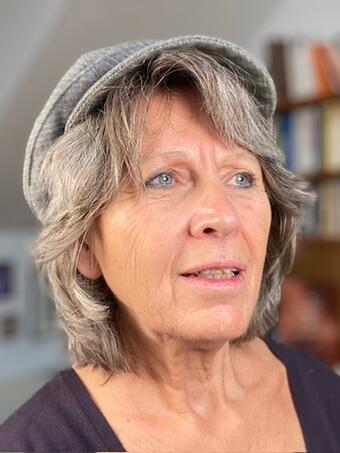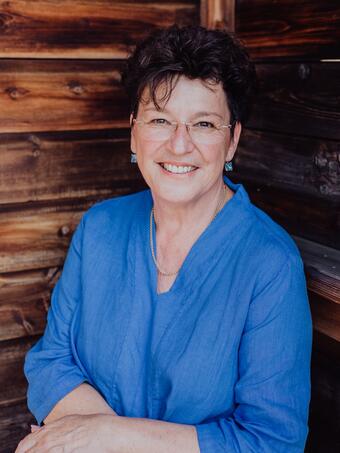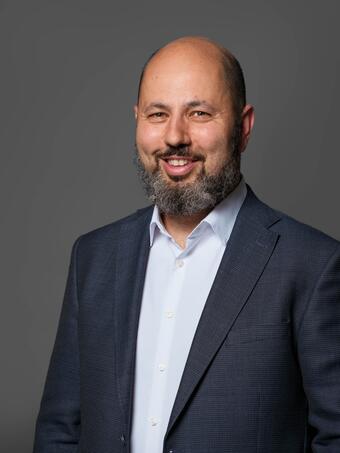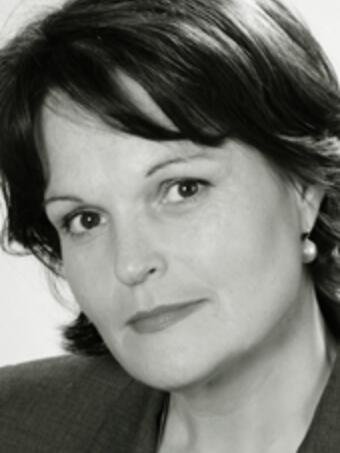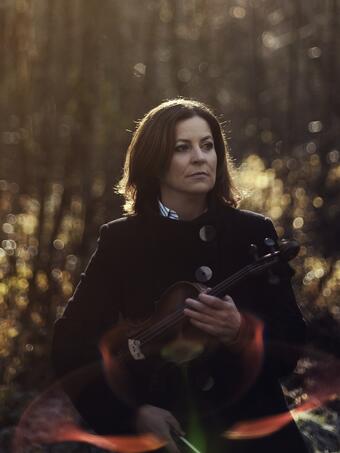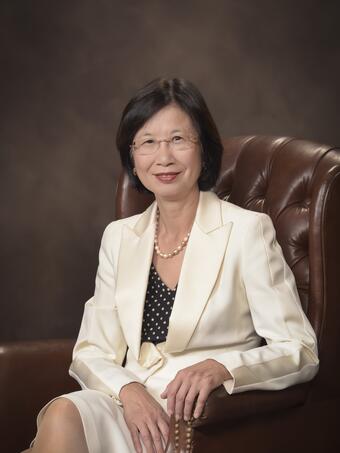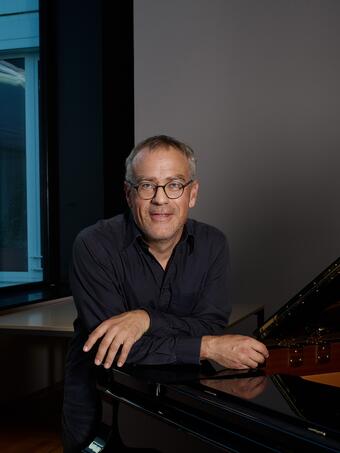Teacher Training for Instrumental Music Education
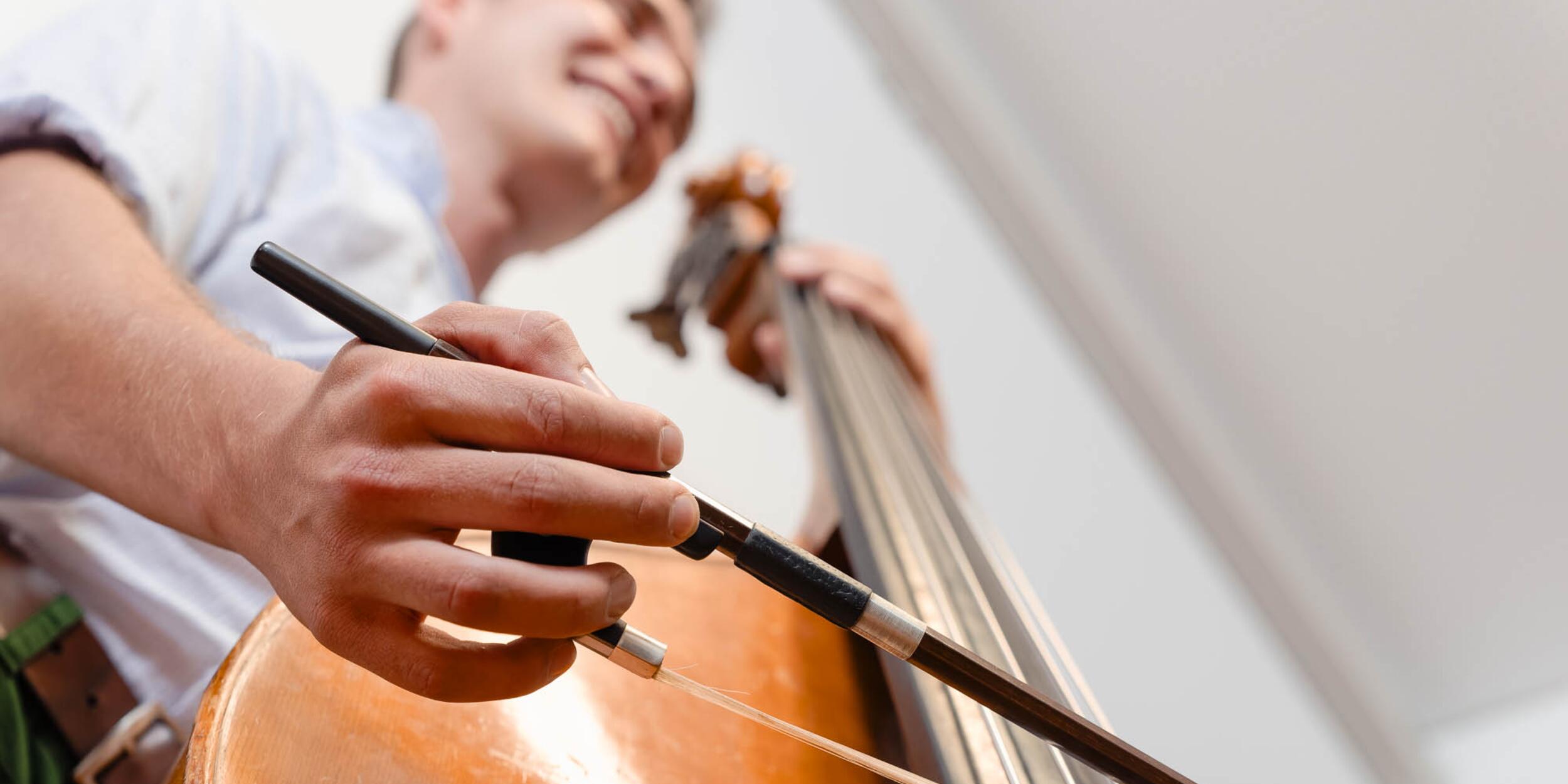
Overview
In the bachelor's degree program in instrumental music education, students focus primarily on furthering their artistic skills in the two instruments they have chosen. In didactic classes, students learn how to teach their chosen instruments; the instrumental side of the curriculum is complemented by in-depth training in music theory and musicology.
Department of Studies & Examinations
+43 676 88122 492
studienabteilung@moz.ac.at
Length of course
8 semesters / 240 ECTS-AP
Language
German
Application period
1.2.–28.3.2025
Admission examinations
Summer semester of each year
to the dates
Information Events
-
20.3.202508:30 amUniversität MozarteumOpen House: Music Education SalzburgInformation sessions, presentations, small performances, exhibitions & classroom visitsOpen Days· Free
-
11.4.—12.4.2025Music theory workshopThis workshop weekend offers an ideal supplement to your own preparation. In a group rotation principle, all important areas of the licensing exam are taken with a focus on ear training and tone setting.Workshop· Free entry (Opens in new tab)
-
23.5.202501:00 pmOnlineCheck Up Piano & Check Up Voicewith Gereon Kleiner (piano in IGP / ME / IME for major or compulsory subject) & Regina Prasser (voice in IGP / ME / IME for major or compulsory subject). An audition will be organised in one or both subjects as a final check-up before the entrance exam.Info event· Free entry (Opens in new tab)
-
4.6.202506:00 pmOnlineMusic theory Q&A sessionYou can ask your individual questions about the procedure and content of the entrance examination in music theory and aural training. Online registration: https://bit.ly/MusiktheorieFragestunde2025Info event· Free entry (Opens in new tab)
-
18.6.202506:00 pmOnlineMusic theory Q&A sessionYou can ask your individual questions about the procedure and content of the entrance examination in music theory and aural training. Online registration: https://bit.ly/MusiktheorieFragestunde2025Info event· Free entry (Opens in new tab)
Career paths
The teacher training programme for secondary education consists of a Bachelor's and a Master's programme and trains students to become teachers in their chosen subjects.
The Bachelor's degree programme in Secondary Education is designed to be completed within 8 semesters. Two teaching subjects must be chosen, in addition to which students are required to complete free elective subjects, a general grounding in educational science, and integrated teaching placements. The teaching subject Instrumental Music Education can only be studied in combination with the subject Music Education.
Students receive individual tuition from first-class teachers in their chosen instruments and can develop both artistically and in the area of pedagogy. Alongside artistic and music theory training, a focus is placed on the subject of music in school from the outset. The courses in didactics introduce methods and concepts for teaching music and also cover such areas as listening education, digital media and practical music making in the classroom.
This degree course is orientated around current developments and performance practice in the arts, as well as the latest, most up-to-date research in the academic disciplines involved. It refers to the curricula of secondary schools and the general and holistic educational goals contained therein.
Special features at the Salzburg location:
- The Mozarteum University is the only institution within the Central Region Partnership at which the subject Instrumental Music Education can be studied.
- The artistic level of the teaching subject Instrumental Music Education, offered by the Mozarteum University under the same roof as degrees in Performance Studies, is exceptional. Many classes, taught across a range of degree programmes, offer students of performance and pedagogy the chance to learn side by side.
- The Mozarteum University is the only arts university in Austria at which programmes in all academic art disciplines are offered: Music, Fine Arts, Performing Arts and Dance. Students who base themselves in Salzburg will benefit from a wide range of cooperation and exchange opportunities.
General course information
The teacher training programme at secondary level is carried out in cooperation with the following partner institutions (Central Region Partnership):
Salzburg location
- Paris Lodron University Salzburg (PLUS)
- Salzburg University of Teacher Education (PHS)
- Edith Stein University of Teacher Education (KPH)
- Mozarteum University Salzburg (MOZ)
Location Linz
- Johannes Kepler University Linz (JKU)
- University College of Teacher Education Upper Austria (PH OÖ)
- Private University College of Education of the Diocese of Linz (PHDL)
- Linz University of Art (UFG)
- Anton Bruckner Private University (ABPU)
- Catholic Private University Linz (KU Linz)
Applicants should...
- be passionate about singing and making music and be diligent in practising.
- enjoy making music in ensembles
- be enthusiastic and passionate about art and its communication
The aim of the Bachelor's degree programme is to prepare students for a career in secondary school teaching. A full teaching qualification can be obtained by consecutive enrolment in the corresponding Master's programme. However, the Bachelor's programme alone also opens up further professional fields, such as extracurricular youth education, adult education, cultural and media work, etc.
The study programme should also contribute to the students' personality development and the development of social competences. After completing the BA teaching degree in the subject Instrumental Music Education, students should:
- be able to perform artistically on two instruments/one instrument and singing. Their own experience, knowledge of repertoire and technical skills enable them to realise music with different stylistic demands on their instrument(s) or as a singer.
- have a sound knowledge of instrumental pedagogy, musicology and music theory in addition to their musical practice and, with appropriate guidance, be able to make connections between the sub-disciplines.
- with appropriate guidance, be able to apply findings from the fields of physiology, neurophysiology, developmental psychology and talent research in the pursuit of selected academic questions
- be able to communicate and illustrate instrumental and artistic requirements
The breadth of the curriculum should enable future teachers to make music accessible to a wide ranger of learners in both production and reception. The full teaching degree programme (BA + MA) qualifies students to teach at:
- Middle schools
- Grammar schools (grades 5-12)
As part of the course of study in instrumental music education, two instruments from different instrument groups/singing must be taken as artistic main subjects.
Students have the choice of the following instruments as their artistic majors (principal and secondary study):
- Bassoon
- Clarinet
- Diatonic harmonica
- Double Bass
- Dulcimer
- Flute
- Guitar
- Harp
- Horn
- Oboe
- Organ
- Percussion instruments
- Piano
- Recorder
- Saxophone
- Trombone
- Trumpet
- Tuba
- Viola
- Violin
- Violoncello
- Voice
- Zither
For admission to the Bachelor's programme, various certificates and examinations are required:
- general university entrance qualification (e.g. Matura, Abitur, high school diploma)
- command of the German language (at least level B2 - Common European Framework of Reference CEFR 2001)
- positive participation in the general admission procedure for the teacher training programme in the Central Region
- passing an entrance examination to determine artistic and pedagogical competence
As part of the Bachelor's degree programme in Instrumental Music Education, two instruments or one instrument and voice must be studied as artistic majors. All instruments offered at the Mozarteum University Salzburg as well as voice can be chosen as artistic majors. The choice of instruments must be indicated when registering for the entrance examination; further information on the options can be found in the guidelines.
The teaching subject Instrumental Music Education must be combined with the teaching subject Music Education; an entrance examination at the Mozarteum University is required for both teaching subjects. However, the general admission procedure for teacher training courses only needs to be completed once.
The General Admissions Procedure for all teaching degress (regardless of subject) consists of several steps:
- Registration and pre-registration (usually early March to mid-August).
- Participation in the online self-assessment (= Module A)
- Payment of the fee
- Registration for the Electronic Admission Test (several dates to choose from)
- Participation in the Electronic Admission Test (= Module B)
Please check the Central Region Partnership website for exact dates and procedures.
1. Create a basic account in MOZonline
2. Once in the MOZonline account: fill in the mandatory statistics UHstat1 (pre-registration for studies) and make a note of the application number that is sent by email upon submission of this information.
3. Create an application account in Muvac
4. (minimum requirements: personal data, information on expertise matching the desired degree programme, in the CV: current employment and information on previous training)
During the application period:
5. Select your desired degree programme in Muvac (Browse -> Studies)
6. Fill out the application form in Muvac ("Apply now"), being sure to enter your application number (see step 2) or Austrian matriculation number in the appropriate field
Detailed instructions with screenshots can soon be found HERE.
Please take a look at the FAQs about registration in Muvac if you get stuck at any of the steps.
Communication during the application process takes place via Muvac or email, depending on the degree programme. Please ensure that you can be contacted at the email address entered in your profile throughout the entire application process and regularly check whether you have received any new messages in Muvac. You can set your own profile to inform you of any new messages in Muvac by email (Account settings -> Notifications). If your contact details change, please update your profile yourself.
- Online registration during the general admission procedure to teaching degrees: registration and completion of the general admissions procedure
- Online registration during the application period via the application portal Muvac (Please note: Registration is only possible if all required information and documents have been submitted!)
- Once the online application has been processed: invitation to on-site audition. The invitation will be sent via Muvac.
- The invitation to the on-site entrance examination must be accepted or rejected in Muvac. Details to the audition programme in the principal study should also be given, if required for the respective instrument).
- Participation in the on-site audition
- Upon passing the audition and being offered a place: invitation to enrol in the degree programme
- Enrolment (in person) during the general admission period
Registration for the entrance examination takes place via the application portal Muvac - information see 'Registration for the entrance examination'.
Link to the registration deadlines
Link to the examination dates
Registration may only be made for one location, either Central Region (for Salzburg and Linz) or Western Region (for Innsbruck). Multiple registrations at different locations are not permitted and will be cancelled.
When registering in the Central Region, candidates must specify their preferred location (Salzburg or Linz) in the application in the above-mentioned registration portal.
Documents required for online registration
- Curriculum vitae in tabular form with photo
- Letter of motivation (approx. one DIN A4 page)
- School leaving certificate (e.g. Matura, Abitur, high school diploma...) or last school report
- (final) certificates as well as examinations and transcripts of records of all previous artistic and/or pedagogical studies
- Proof of German language proficiency, if applicable
Form of the documents
- The documents can be uploaded as PDF in the application form.
- If the documents mentioned are not available in German or English, an official translation must also be submitted.
The audition
Partial examinations are to be taken in the following areas:
- Principal artistic major
- Secondary artistic major
The examination requirements are regulated in the guidelines, information on the German language certificates can be found HERE.
Some auditions in the Artistic Major are held during the same session as the auditions for performance studies, depending on the instrument. Candidates are advised to check the examination dates to establish whether this applies to them. All other partial examinations take place on the dates announced.
Any questions?
You can find more information about starting your studies here:
